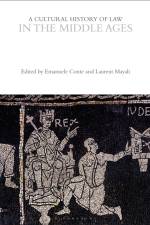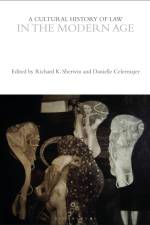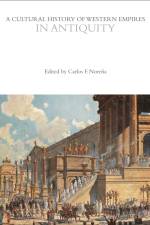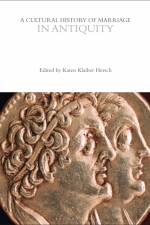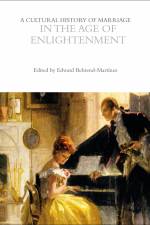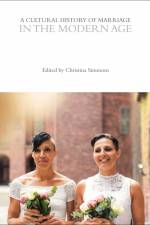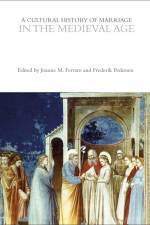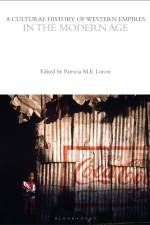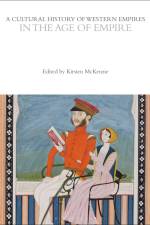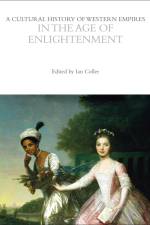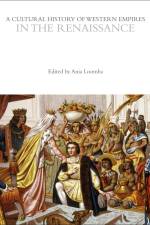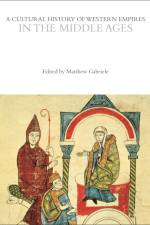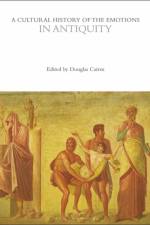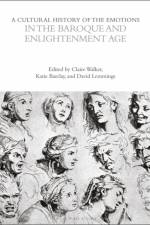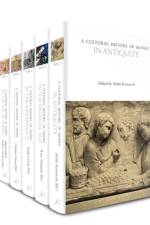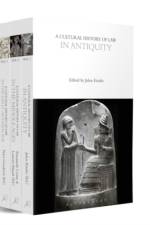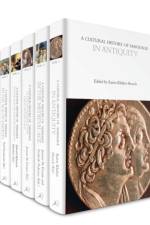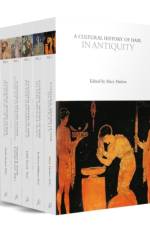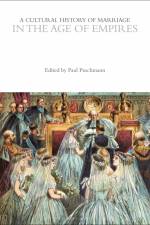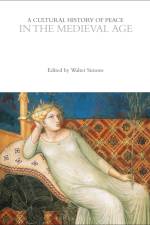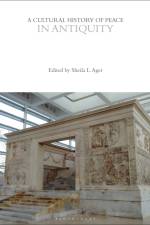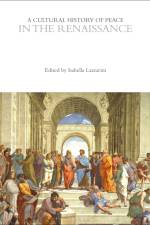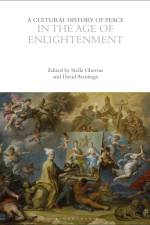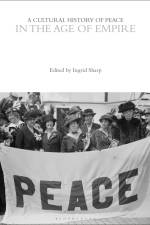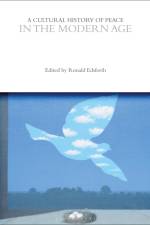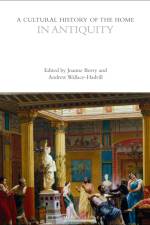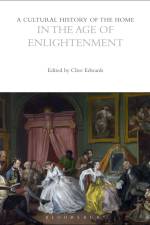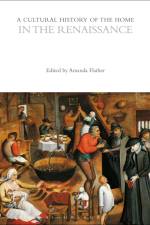377
European overseas trade and diplomacy in some parts of the world went hand in hand with colonization and conquest in others areas. As the introduction to this third volume explains, and the eight expertly written chapters assembled here detail, these were not divergent but intricately connected activities. Through detailed attention to Renaissance literature, travel books, political, scientific and commercial writing, they show how European contact with Asia, the Americas and Africa spurred innovations in warfare, seafaring, and accounting. Demanding the creation of international law, and new labour practices at home and abroad, this contact overhauled previous conceptions of nature, race and sexuality and shaped debates on religion, politics, and power. Renaissance culture, in all its diversity and dynamism, was both the midwife of empire and its progeny.A Cultural History of Western Empires in the Renaissance offers a new understanding of Renaissance culture, commonly understood as a blooming of arts, literature, philosophy, politics, commerce and science that together marked a high point of Western civilization and laid the foundation stone of modernity. It shows that this "rebirth" is organically connected to the processes by which Spain, the Italian states, France, England, and the Netherlands tried to establish their first overseas empires.

